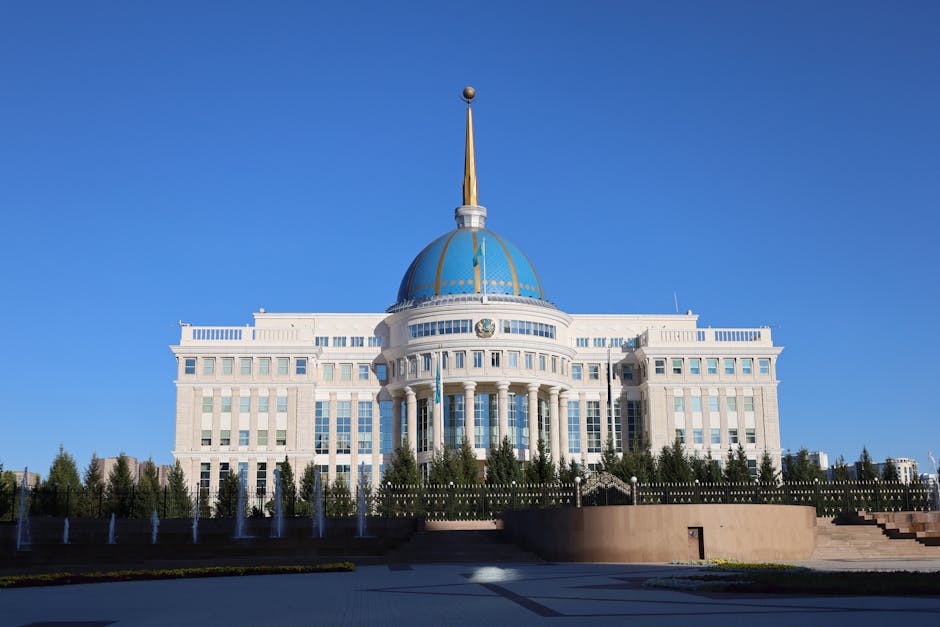The modern political landscape is characterized by a growing chasm between differing viewpoints. This phenomenon, often labeled political polarization, presents a multitude of risks to the health and efficacy of democratic systems. Understanding these pitfalls is crucial for navigating the complexities of contemporary governance.
A fundamental risk associated with political polarization is the erosion of trust and mutual understanding. As ideological divides deepen, individuals become entrenched in their own perspectives, often dismissing alternative viewpoints as inherently flawed or malicious. This creates an environment where reasoned dialogue and compromise become increasingly difficult, if not impossible. Consequently, important issues facing society are often relegated to partisan squabbles, hindering progress on critical matters. The focus shifts from finding common ground to scoring political points, which ultimately harms the collective good.
This breakdown in communication and trust manifests in various ways. Citizens may lose faith in institutions, including the judiciary, legislature, and the media. This erosion of confidence can lead to decreased civic engagement and participation in democratic processes, further weakening the foundations of governance. The very idea of a shared national narrative is challenged, as different segments of society interpret reality through fundamentally different lenses. Political discourse devolves into a battle of rhetoric and accusations, hindering the search for effective solutions.
Another considerable danger of a highly polarized political climate lies in its potential to undermine the integrity of democratic processes. The rise of extreme partisan views can fuel the rejection of established norms and procedures. This might manifest as a deliberate obstruction of legislative processes, challenges to election outcomes, or a general disregard for the established legal framework. Such behaviours erode the principle of fairness, equality, and the rule of law, essential pillars of a functional democracy. The very foundations of the system can be shaken by relentless, often irrational opposition.
The impact of political polarization on policymaking is particularly detrimental. The pursuit of partisan agendas often outweighs the pursuit of effective solutions. When compromise becomes taboo, progress stagnates. Critical issues, such as healthcare reform, economic policies, or environmental protection, are frequently rendered intractable. Politicians, incentivized by winning elections, may be less inclined to address fundamental problems that would require broad societal consensus and, instead, focus on appealing to their narrow base. This can lead to suboptimal policies and a worsening of conditions for many.
Furthermore, deep divisions can create a fertile ground for the spread of misinformation and disinformation. When opposing viewpoints are not only different but perceived as hostile, people may be more receptive to information that reinforces existing biases, even if that information is false or misleading. This can happen either organically within social groups or deliberately as part of political manipulation. Consequently, public discourse becomes polluted, undermining the ability of citizens to make informed decisions. The very capacity to distinguish fact from fiction is challenged.
A significant risk tied to political polarization is its potential to exacerbate social inequalities. Divisions along lines of ethnicity, religion, or socioeconomic status can intertwine with political divides, creating a potent cocktail of conflict. When these multiple cleavages align, the marginalized communities can often suffer disproportionately, as their voices and concerns are drowned out or dismissed in the cacophony of political struggle. This can lead to significant social unrest and a decline in the well-being of marginalized segments of society. In extreme cases, a breakdown in social harmony is possible.
Furthermore, extreme polarization can influence foreign policy and international relations. When domestic politics are dominated by intense partisanship, foreign policy decisions may be influenced by domestic political considerations rather than a rational assessment of national interests. The risk is heightened when polarized rhetoric and distrust extend to international actors, creating tensions and potentially leading to conflicts that could have been avoided.
Addressing the dangers of political polarization requires a multifaceted approach. Promoting media literacy and critical thinking is essential to equip citizens with the tools to discern credible information from misinformation. Encouraging constructive dialogue and fostering a sense of shared values can help bridge the ideological divide. Promoting political participation, especially amongst groups underrepresented in mainstream political discourse, is vital in ensuring all voices are heard. Finally, political leaders have a responsibility to model civility and to prioritize finding common ground over partisan gains.
It is crucial to recognise that the issue of political polarization is not solely a matter of personal opinion; it has tangible, and potentially very serious consequences for the functioning of society, and the legitimacy of the political system. The long-term health of democratic systems is intricately linked to a capacity for thoughtful, respectful dialogue across the political spectrum. Failure to address this issue poses a significant threat to societal cohesion and the effective governance needed to tackle pressing global challenges. Ignoring the risks of political polarization is, ultimately, a grave mistake.






